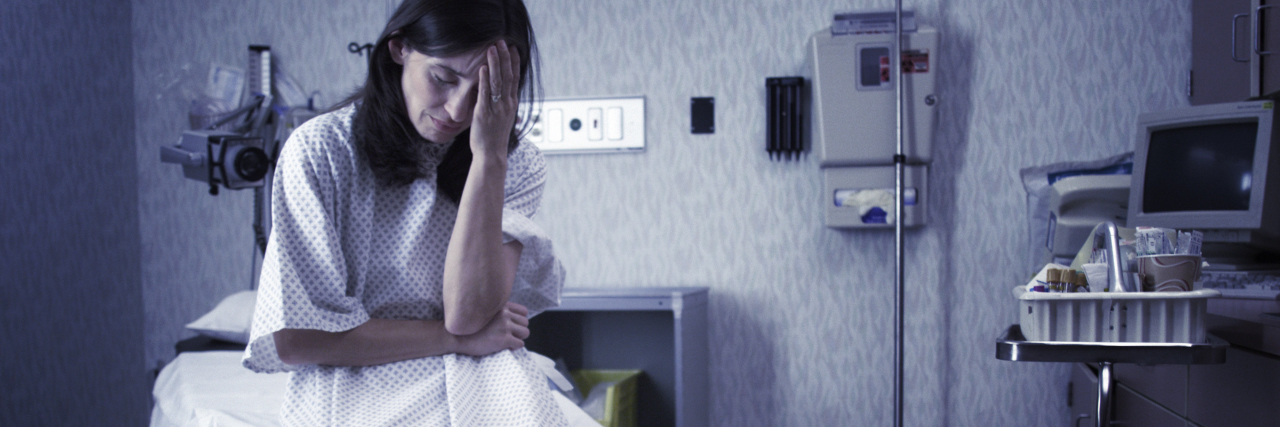When you live with a mental illness, suicidal crises can sometimes sneak up on you. When you’ve been living in darkness for a long time, it can become difficult to distinguish a crisis from day-to-day despair. You can find yourself moments away from an irreversible decision with little memory of how you got there. And if you have the chance to step away — like I did — you have the chance to find professional help.
Over the last eight years, as I have struggled with my bipolar disorder, suicidality and multiple hospitalizations, I have cycled through numerous healthcare providers. Through this process, I have narrowed down the two most important criteria for determining whether I want to work with a healthcare provider. First, because of my history, they must be willing to discuss suicide openly, ask me about suicidal ideation and intent, and continue to treat me even if I am suicidal. And second, they must be willing to ask about access to lethal means — particularly guns.
Firearms account for half of all suicide deaths in the United States and are the most lethal method of suicide. More people who die by suicide use a gun than all other methods combined. The ease and lethality of a gun combined with the impulsivity of suicide is a deadly combination. Suicidal crises can come on quickly, and that chance to step away — the moment of grace, the moment of terror, the moment you realize you want to stay after all — rarely exists with a firearm. Once the trigger is pulled, there is no turning back.
During periods of acute suicidality, I’ve seen many healthcare providers react appropriately; I remember their names and know they helped save my life. But I have also seen providers under-react — not ask the appropriate questions about my safety — and overreact — treat me like a dangerous creature that must be sedated. Both ends of this spectrum reflect a lack of training in interacting with and treating patients who are suicidal. Indeed, most states don’t require suicide prevention training for healthcare professionals, and when they do, the requirements vary dramatically.
This lack of training is disconcerting, as research shows that three out of four suicide victims had contact with primary care providers within a year of their deaths, and approximately one-third of suicide victims had contact with mental health services. These points of contact are important in appropriately treating at-risk individuals; they should be the safety net. All healthcare providers — from nurse practitioners to psychiatrists to general practitioners to OB-GYNs — have a role to play in preventing suicide, including firearm suicide.
Providers can save lives through lethal means safety counseling, which includes the following steps:
1. Evaluating whether someone is suicidal. Psychiatrists and psychologists should not be the only ones who are comfortable conducting suicide risk assessments. All providers should be well-trained in evaluating patients’ suicidality.
2. Asking whether a suicidal individual has access to firearms or other methods of suicide. There is a well-established link between firearm availability and suicide. Gun ownership increases the risk of suicide for everyone in the home.
3. Working with the patient and their loved ones to reduce access to firearms and other lethal means until the risk of suicide decreases. Providers can facilitate the temporary removal of guns and other lethal methods during high-risk periods and keep their patients safe.
Acute suicidality often hijacks your rational mind. It can rip away your judgment. It can steal the things you love. It sometimes tells you that your loved ones resent you. It is insidious. It requires professional help.
We must ensure that the curricula for healthcare professionals equips them with the tools they need to save lives. Providers must feel comfortable discussing suicide openly and counseling high-risk patients about access to lethal means — particularly guns. All providers deserve the training to help their patients navigate a suicidal crisis with confidence and compassion. And patients who live with recurring suicidality deserve healthcare providers who are trained and able to help them.
We want to hear your story. Become a Mighty contributor here.
Getty image via Photodisc

